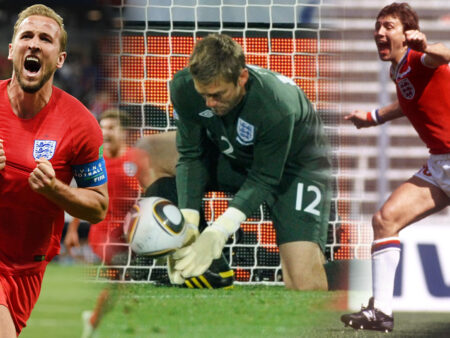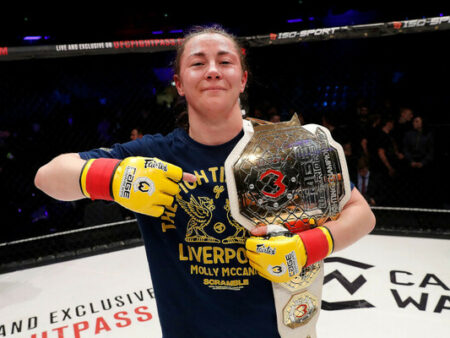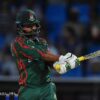The final bell rang at UFC 309, signaling the definitive end of an era for Stipe Miocic, a titan of the heavyweight division, and a declarative victory for Jon Jones, widely hailed as the greatest mixed martial artist of all time. Yet, in the quiet aftermath of a seemingly one-sided contest, a curious narrative emerged. Not from the victor, basking in the glow of another championship defense, but from the vanquished, a statement that has since stirred the waters of combat sports commentary.
A Heavyweight Clash: Expectations vs. Reality
Stipe Miocic, the consensus “heavyweight GOAT” in the eyes of many, stepped into the octagon after a three-year hiatus, a period that would test the mettle of any athlete, let alone one competing at the highest level against a phenomenon like Jones. The stakes were monumental: Miocic`s swansong, a chance to solidify his legacy against arguably the sport`s pound-for-pound king. Given Miocic`s age and layoff, expectations for Jones`s dominance were palpable, with many pundits predicting a comfortable night at the office for “Bones.”
The fight, indeed, concluded in the third round with Jon Jones securing a TKO victory, a moment that appeared to punctuate Miocic`s storied career with a definitive, if unfortunate, finality. However, Miocic`s post-fight reflections, offered in a candid interview, painted a strikingly different picture than the one widely accepted.
Miocic`s Controversial Claim: Unmasking the Champion?
In a move that could be interpreted as a blend of veteran insight and retrospective defiance, Miocic asserted that he believed he exposed weaknesses in Jon Jones during their encounter. “We were going back and forth,” Miocic recounted, referring to moments he felt he was having success, moments perhaps overlooked in the shadow of the eventual TKO. He attributed his downfall to a precise spinning kick, a technique he claimed to have prepared for but “missed by an inch” in execution.
“He’s good. Really good. But he has weaknesses. I think I exposed a few. He’s beatable,” Miocic declared.
This wasn`t merely a rationalization of a tough loss; it was a bold declaration. Coming from a fighter who had just been stopped, such a statement carries a peculiar weight. It challenges the popular perception of Jones as an untouchable force, suggesting that even in defeat, a seasoned fighter can glean insights that outsiders might miss, seeing chinks in the armor invisible to the casual observer.
The Paradox of Perception and the GOAT Debate
It presents a fascinating paradox within combat sports: how can one claim to expose vulnerabilities while simultaneously succumbing to a TKO? Miocic’s comments, however audacious, serve as a potent whisper in the eternal “GOAT” debate, particularly concerning Jon Jones. While Jones`s resume is undeniably spectacular and his dominance historical, questions about the absolute extent of his invincibility against *every* opponent, or subtle shifts in his later career performances, always linger in the discourse.
Miocic`s remarks, however post-hoc, remind us that the narrative of a champion`s ultimate invincibility is often more fragile than it appears. Even the greatest athletes can possess discernible flaws, and it is sometimes through the unique lens of a defeated, yet experienced, opponent that these imperfections are brought to light.
The Enduring Legacy
Whether Stipe Miocic genuinely exposed strategic flaws in Jon Jones or simply offered a dignified assessment of a tough, career-ending loss, his words undoubtedly add a fascinating, albeit controversial, layer to the legacies of both fighters. His perspective invites us to look beyond the immediate outcome and consider the deeper complexities of elite combat. It underscores that even in the high-stakes world of professional fighting, definitive outcomes can leave ample room for interpretive debate, reminding us that the conversation surrounding true greatness is never truly settled.







